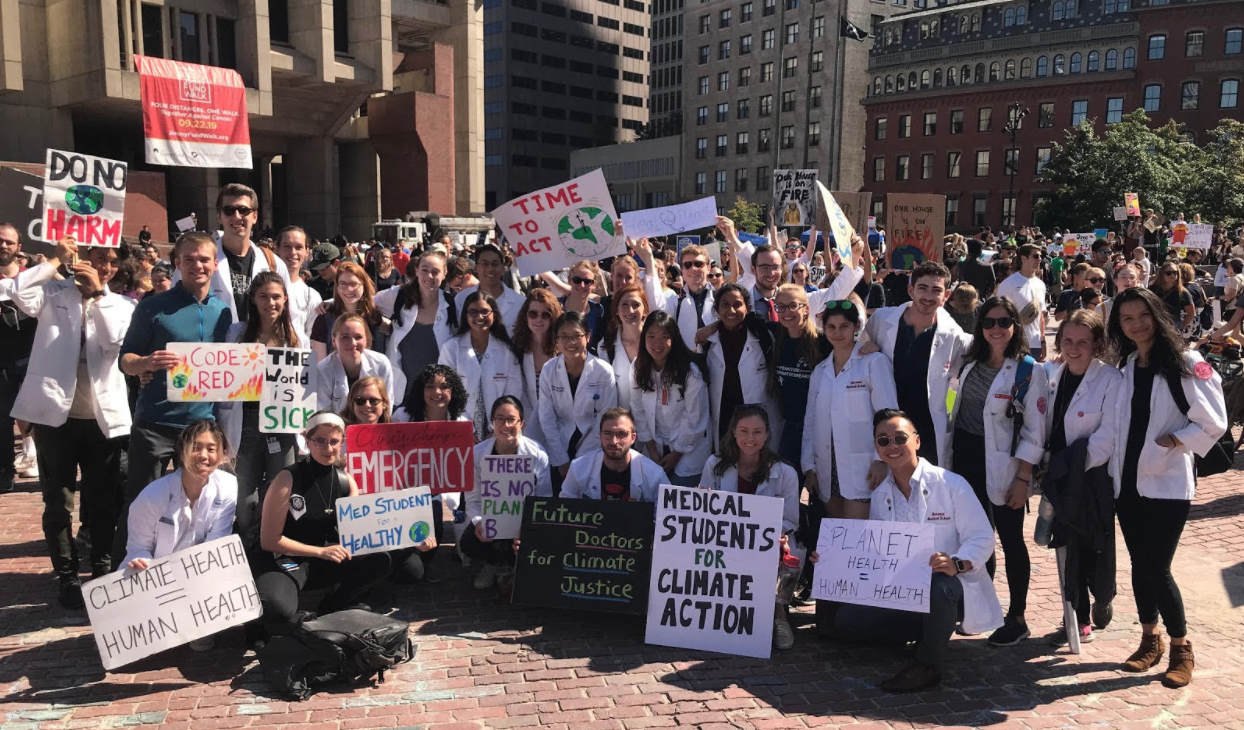
Healthcare professionals play an essential role in creating the structural change needed to build a healthy, sustainable, and equitable future for our patients.
What is CHEEA?
The Center for Health Equity Education & Advocacy (CHEEA) is a new educational initiative at Cambridge Health Alliance (CHA) that seeks to better equip healthcare professionals to be change agents in our healthcare system and society. By creating more opportunities for health professionals to engage in a meaningful social justice curriculum, community building, discussion, and mentorship, we believe health professionals will better understand the injustices in our healthcare system and society, and be better positioned to find their role in providing solutions.
CHEEA’s Learning and Social Change Framework
The Center for Health Equity Education and Advocacy uses a learning and social change framework that grows out of several traditions and is organized into 3 domains. The first domain, understanding the problem of inequities in health and healthcare, draws on previous models including social medicine, social accountability and structural competency. This domain sees inequities in health and healthcare as arising primarily from historical and structural forces (institutional, economic and political) and illegitimately constructed social hierarchies, including racism. It regards these inequities as unjust and holds that in order to combat these inequities, healthcare professionals need to change institutional, economic and political structures and social hierarchies. The second domain, acting to combat health and healthcare inequities, draws on several models of social change including research-based health advocacy, community organizing and health activism. This domain sees involvement of communities affected by health and healthcare inequities as essential to achieving structural and social change. It recognizes the effectiveness of advocacy based on rigorous evidence and analysis and of community organizing practices and health activism in achieving this change. The third domain, pedagogical practice, draws on adult learning theory and strives to produce a non-hierarchical, respectful, supportive learning environment in which learners and teachers co-construct knowledge through examination of critical health equity questions, presentations of essential topic content, sharing of lived experiences and through experiential learning while doing advocacy project work.
“ ….What I discovered at that summit really floored me-- a community of engaged, thoughtful activists and organizers who knew exactly how to shape the language of change out of the clay of identity, our own words, stories, and experiences. For the first time, I was emboldened to share my voice, to speak out.……Change begins with finding your community and recognizing your own power to mobilize words and action toward the change you want to see. Being trained in public narrative and then getting to participate as a coach helped me to finally understand social justice not just as a hobby I squeeze in on the side of medicine but a fundamental part of who I am as a doctor. And that will sustain me for years to come.”
— Amrapali Maitra, MD, PhD
“As a resident physician, I strongly believe that healing does not begin and end with the individual, but also involves one's community and larger societal context. This course has taught me how to understand my role as an agent of social change and develop my skills as a 'clinician-advocate'.
— Ariel Majidi, MD
"The advocacy course has been one of the most important parts of my medical residency experience. It gave me the chance to zoom out of the hospital and clinic settings to explore the larger factors that impact the health of my patients, including issues related to health care policy, the environment, structural racism, and social justice. Through discussions with experts, visits with organizations, and conducting a collaborative research project, the course supported my development in becoming a more effective advocate to the communities I live in and the people I care for."
— Adam Tapley, MD
Follow us on Twitter to learn the latest news from CHEEA

